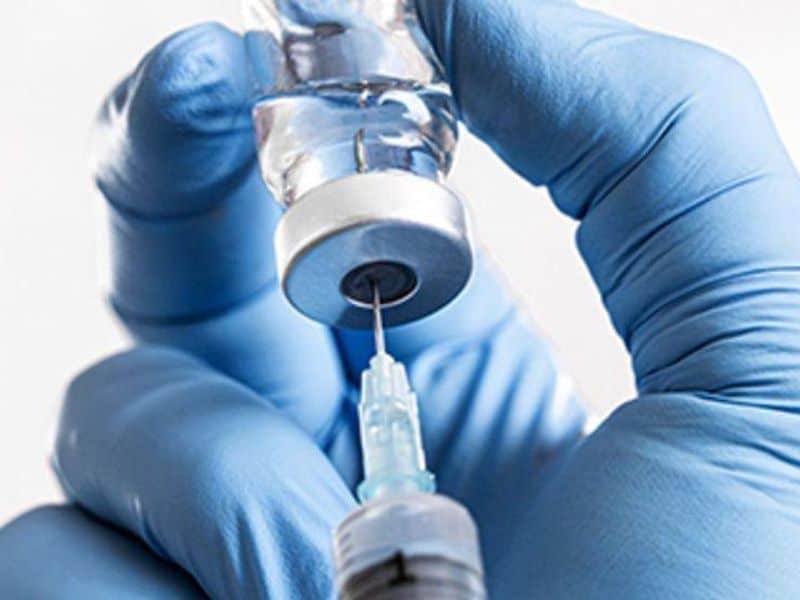Patients with MS who received anti-CD20 monoclonal antibody (aCD20) treatment can mount T-cell responses to mRNA COVID-19 vaccines, according to a study published in Nature Medicine. Investigators examined induction of antigen-specific antibody, B-cell, and T-cell responses in patients with MS on antibody monotherapy and healthy controls after BNT162b2 or mRNA-1273 mRNA vaccination. For most patients, aCD20 treatment significantly reduced spike-specific and receptor binding domain (RBD)-specific antibody and memory B-cell responses; this effect ameliorated with longer duration from the last aCD20 treatment and extent of B-cell reconstitution. After vaccination, all patients with MS treated with aCD20 generated antigen-specific CD4 and CD8 T-cell responses. Treatment with aCD20 skewed responses, compromising circulating follicular helper T (TFH)-cell responses and enhancing induction of CD8 T cells while preserving type 1 helper T-cell priming. The most severe defect in circulating TFH responses and more robust CD8 T-cell responses were seen for patients with MS treated with aCD20- lacking, anti-RBD immunoglobulin G.
Patients With MS Show Robust T-Cell Response to mRNA COVID-19 Vaccines


